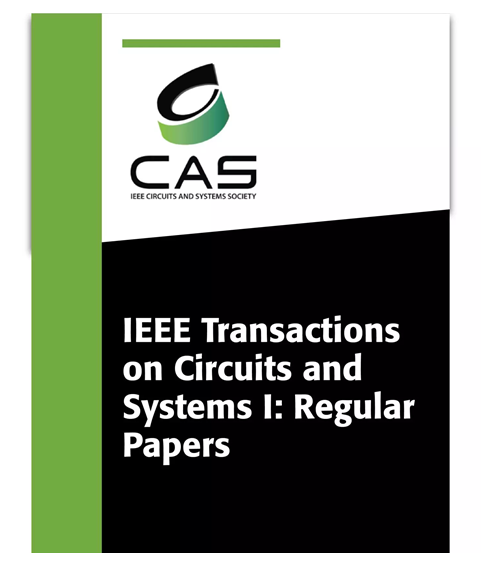非线性多智能体电力系统的分布式复合学习动态事件触发控制
IF 5.2
1区 工程技术
Q1 ENGINEERING, ELECTRICAL & ELECTRONIC
IEEE Transactions on Circuits and Systems I: Regular Papers
Pub Date : 2025-02-13
DOI:10.1109/TCSI.2025.3539299
引用次数: 0
摘要
针对存在交换拓扑、不确定非线性、外部干扰和有限网络资源的非线性多智能体电力系统,提出了一种分布式复合学习动态事件触发(ET)控制协议。提出了一种基于预测器的连续情绪自结构神经网络(NN)来逼近nmap的未知非线性。柔性结构和基于情感的方法既能平衡计算量和控制性能之间的矛盾,又能保持神经网络近似的快速响应特性。预测器通过引入预测误差来更新神经网络的权值,提高了神经网络近似的逼近精度和可解释性。其次,提出了一种动态ET机制,该机制引入动态自调节变量来延长ET间隔。在此基础上,设计的控制协议只在ET时刻发送给执行器,进一步减轻网络负担。然后,利用Lyapunov稳定性定理,开发了一种分布式复合学习控制协议。它能保证闭环系统中所有信号都在一类平均停留时间的开关拓扑下有界,最终避免了芝诺现象。最后给出了仿真结果,验证了该协议的有效性。本文章由计算机程序翻译,如有差异,请以英文原文为准。
Distributed Composite Learning Dynamic Event-Triggered Control for Nonlinear Multi-Agent Power Systems
In this paper, a distributed composite learning dynamic event-triggered (ET) control protocol is presented for nonlinear multi-agent power systems (NMAPSs) in the presence of switching topologies, uncertain nonlinearities, external disturbances and limited network resources. A predictor-based continuous emotional self-structuring neural network (NN) is proposed to approximate unknown nonlinearities of NMAPSs. Flexible structure and emotion-based approaches not only can balance the contradiction between computational burden and control performance but also keep a fast response property of NN approximate. The predictor can improve the approximation accuracy and interpretability of NN approximate by introducing a prediction error to update NN’s weights. Next, a dynamic ET mechanism is presented, which introduces a dynamic self-regulation variable to prolong the ET interval. On this basis, the designed control protocol is sent to actuator only at the ET instant to further reduce the network burden. Then, a distributed composite learning control protocol is developed for NMAPSs by utilizing the Lyapunov stability theorem. It can guarantee that all signals in the closed-loop system are bounded under a class of switching topologies with the average dwell time, and the Zeno phenomenon is avoided ultimately. Finally, simulation results are provided to demonstrate the effectiveness of the proposed protocol.
求助全文
通过发布文献求助,成功后即可免费获取论文全文。
去求助
来源期刊
CiteScore
9.80
自引率
11.80%
发文量
441
审稿时长
2 months
期刊介绍:
TCAS I publishes regular papers in the field specified by the theory, analysis, design, and practical implementations of circuits, and the application of circuit techniques to systems and to signal processing. Included is the whole spectrum from basic scientific theory to industrial applications. The field of interest covered includes: - Circuits: Analog, Digital and Mixed Signal Circuits and Systems - Nonlinear Circuits and Systems, Integrated Sensors, MEMS and Systems on Chip, Nanoscale Circuits and Systems, Optoelectronic - Circuits and Systems, Power Electronics and Systems - Software for Analog-and-Logic Circuits and Systems - Control aspects of Circuits and Systems.

 求助内容:
求助内容: 应助结果提醒方式:
应助结果提醒方式:


